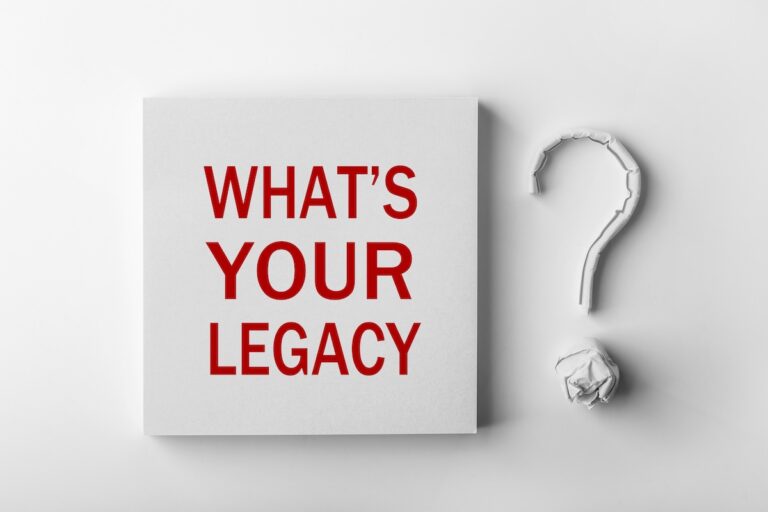In today’s fast-paced and ever-changing job market, addressing skills gaps is crucial for career advancement. Once you’ve identified the areas where you need to improve, it’s time to take action. In this blog post, we’ll explore effective ways employees can bridge their skills gaps and develop the expertise needed to advance professionally.
Here are 14 strategies to develop the skills you need for career progression.
1. Prioritise Your Skills Gap
Not all skills gaps are of equal importance. Prioritise your skills gaps based on their relevance to your career goals and the potential impact on your job performance. Focus on addressing the most critical gaps first to maximise your professional growth.
2. Invest in Continuous Learning
Embrace a mindset of continuous learning. Seek out opportunities to acquire new knowledge and skills regularly. This can include enrolling in courses, attending workshops, or participating in online training programs. Look for educational resources that align with the specific skills you’re looking to develop.
3. Take Advantage of Online Learning Platforms
Online learning platforms have revolutionised skill development. Platforms like Coursera, LinkedIn Learning, Udemy, and edX offer a wide range of courses on various topics. Many of these courses are self-paced, allowing you to learn at your convenience. Explore these platforms to find courses that match your skill development needs.
4. Seek Mentorship and Guidance
Mentorship can be a powerful tool for skill development. Seek out mentors who have expertise in the areas you want to improve. They can provide valuable guidance, share their experiences, and offer insights that you may not find in formal courses. A mentor can help you navigate your career path and accelerate your skill development.
5. Participate in Workshops and Seminars
Attending workshops and seminars is an excellent way to gain practical insights and hands-on experience. These events often provide opportunities for networking and learning from industry experts. Look for workshops and seminars relevant to your field and make an effort to participate in them.
6. Join Professional Associations
Professional associations can be valuable resources for skill development. They often offer access to industry-specific training, conferences, and networking events. Joining a professional association can connect you with like-minded professionals and provide opportunities for skill-building in your field.
7. Practice, Practice, Practice
Skill development requires practice. Apply what you’ve learned in real-world scenarios to reinforce your knowledge and expertise. Seek out projects or assignments within your current job that allow you to practice and hone your skills. The more you practice, the more confident and proficient you’ll become.
8. Collaborate with Colleagues
Engage with your colleagues and co-workers to foster a culture of learning and collaboration within your workplace. Share your skills development goals with your team, and encourage them to do the same. Collaborative learning can lead to the exchange of valuable insights and experiences.
9. Take On Challenging Projects
Volunteer for challenging projects or assignments that require you to apply and expand your skills. These opportunities can be invaluable for skill development and can demonstrate your capabilities to your superiors and peers. Don’t shy away from tasks that push your boundaries.
10. Seek Support and Feedback
Don’t hesitate to seek support from mentors, colleagues, or peers as you work on your skills development. They can provide guidance, share their experiences, and offer constructive feedback. Remember that learning is an ongoing process, and feedback is a valuable tool for improvement.
11. Create a Personalised Learning Plan
Develop a personalised learning plan that outlines your skill development goals, the resources you’ll use, and a timeline for achieving your objectives. Break down your goals into smaller, manageable steps to track your progress effectively.
12. Measure Your Progress
Regularly assess your progress to ensure you’re on track to meet your skill development goals. Adjust your plan as needed and celebrate your achievements along the way. Monitoring your progress will help you stay motivated and committed to your skill development journey.
13. Stay Informed About Industry Trends
The job market is constantly evolving, and staying informed about industry trends is essential. Subscribe to industry publications, follow influential thought leaders on social media, and participate in relevant online forums and communities. Being aware of emerging trends will help you align your skill development efforts with the changing demands of your industry.
14. Embrace Failure as a Learning Opportunity
Don’t be discouraged by setbacks or failures. Instead, view them as valuable learning opportunities. Mistakes are a natural part of the skill development process. Learn from your experiences, adapt, and continue to strive for improvement.
In conclusion, addressing skills gaps and developing the expertise needed for career progression is a continuous journey. It requires dedication, commitment, and a proactive approach to learning. By setting clear goals, seeking guidance, and staying open to new experiences, you can bridge your skills gaps and position yourself for success in the ever-evolving world of work. Remember that your investment in developing skills is an investment in your future career growth and fulfilment.
We’re here to help
At Team AO, we offer a wide array of career development programmes designed to upskill your managers and empower your employees to proactively steer their own career growth journey.



